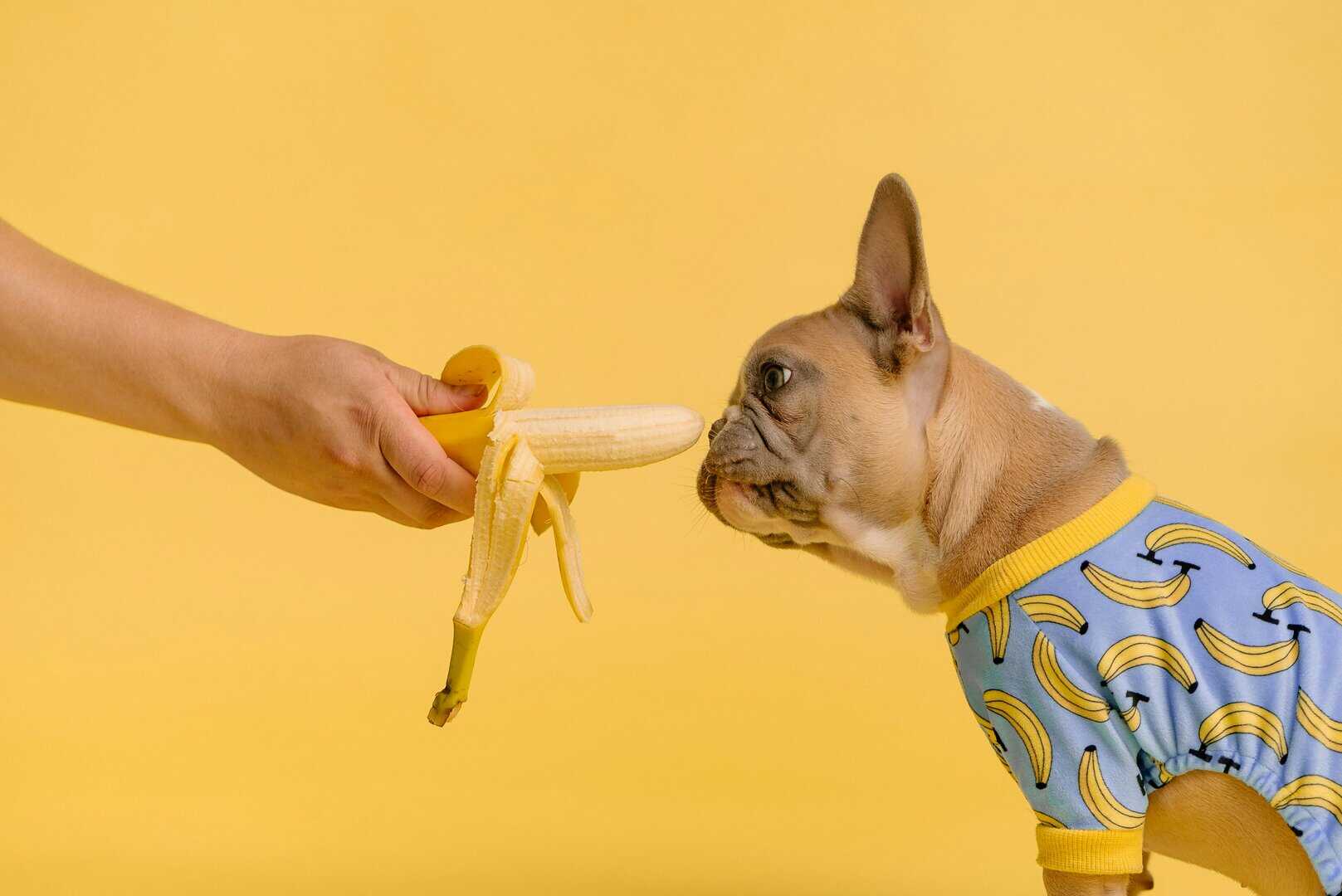Dogs are passionate eaters, always looking for a treat or their next meal. While their love for food is undeniable, ensuring your pup gets proper nutrition is essential. Fruits are rich in vitamins, minerals and flavors that your canine companion will love. Discover if your furry friend can enjoy eating fruits with you and some tips to ensure their safety.
Can Dogs Eat Fruit?
Your canine companion can enjoy eating certain fruits in moderation, but not all fruits are suitable for your pet. Improper intake and excessive ingestion may cause bloating, diarrhea and irritation. Some fruits are also unsafe for dogs with certain medical conditions, so check with your veterinarian before introducing them into your furry friend’s diet.
8 Fruits That Are Safe for Dogs
Discover the tasty and nutritious fruits you can add to your dog’s diet.
- Apples
Many dogs love apples, which have few calories and high nutritional value. They’re rich in vitamins A and C, potassium, fiber and antioxidants. Giving your dog a few apple slices can help them lose weight without side effects.
Avoid giving the entire fruit to your dog. Excessive amounts of sugar may cause inflammation or upset your dog’s stomach. Remove the leaves, stem, core and seeds before giving apples to your pet.
- Bananas
You can provide moderate amounts of bananas to your dogs. These fruits are rich in vitamins, fiber, potassium and copper. They have low cholesterol and sodium content but high sugar levels, so bananas are better given as a treat than a part of your pup’s main diet.
- Blueberries
Blueberries contain antioxidants, which help fight free radicals that cause cellular damage in the body. They’re high in fiber and phytochemicals that help boost the immune system. They can also help boost brain function, making them an ideal treat for senior dogs.
There are five fun ways to feed your dog blueberries:
- Fresh: Wash the blueberries thoroughly before removing the stems. You can give them as treats or as part of your pup’s meal.
- Mashed: Place blueberries in a small bowl and mash the fruits. This treat is also an excellent treat for puppies.
- Pureed: Blend blueberries with xylitol-free yogurt or peanut butter to create a delicious snack for your canine companion.
- Biscuit: Bake sugar-free dog biscuits infused with blueberries.
- Frozen: Your dog can enjoy frozen blueberries with you, especially on hot summer days. Add them as yogurt toppings or let your pup enjoy them on their own.
- Cranberries
Like blueberries, cranberries contain high levels of antioxidants. They also contain vitamins E, C, K, B1 and B2. You can give fresh and dried cranberries to your furry friend. However, remember that the sugar content is more concentrated in dehydrated fruits because of added sugars. Additionally, xylitol, an artificial sweetener, is toxic to dogs. Instead of buying store-bought dried cranberries, use your dehydrator at home.
- Mangoes
This sweet and refreshing fruit contains vitamins A, B6, C, and E. Give it in bite-sized chunks or create a smoothie. Remove the hard pit, as it contains minimal amounts of cyanide. Like bananas, mangoes contain high sugar levels, so use them as an occasional snack.
- Strawberries
Strawberries are safe, nutritious snacks your dog can enjoy with you. They’re packed with vitamin C and fiber, which aids digestion. They also contain an enzyme that helps promote whiter teeth, making them ideal if your dog has yellow teeth. Serve them fresh or frozen.
- Watermelon
This colorful snack is a superfood for dogs. It’s packed with potassium and vitamins A, B6 and C. Since it’s mostly water, it can be a fun hydrating snack on hot days. Remove the seeds and slice the fruit into bite-size pieces before giving them to your pup.
- Pineapples
A few pineapple chunks can make your dog and its tummy happy. Pineapples contain fiber, vitamins and bromelain, an enzyme that speeds up protein absorption. Use fresh pineapples instead of canned alternatives to avoid the high sugar content.
3 Harmful Fruits for Dogs
Watch out for these fruits that pose health risks to dogs.
- Grapes
Grapes and raisins can cause kidney complications, which can be potentially fatal when taken in large amounts. Remind family members — especially kids — never to give your pup this fruit to prevent medical emergencies.
- Cherries
Cherry pits contain cyanide that can potentially disrupt cellular oxygen transport. Keep whole cherries out of your dog’s reach to avoid veterinary emergencies. If you’re eating cherries, make sure to secure the discarded pits in a trash can that’s inaccessible to your pup.
- Tomatoes
A tomato’s ripened flesh is generally safe for your canine companion. However, the tomato plant’s green parts contain solanine, which can make your dog sick. For your dog’s safety, avoid giving any type of tomato.
Tips for Giving Fruits to Your Pet
Here’s how to ensure your furry friend remains healthy when eating fruits.
- Give Fruits in Moderation
Watch out for portion size. Table foods — including fruits — should account for no more than 10% of your dog’s diet to prevent heart disease and diabetes. Start with a small amount and assess for negative reactions before offering more. Remember that fruits are meant to supplement your dog’s regular diet, not replace it.
- Wash Fruits Thoroughly
Proper washing helps remove dirt, bacteria, fungi, viruses and pesticides that may harm you and your pup. Put the fruits under cold, running water and rub the fruits with your hands to eliminate dirt and surface germs.
- Visit Your Vet
Bring your dog to the vet if they experience any of the following symptoms of poisoning:
- Diarrhea
- Constipation
- Lethargy
- Vomiting
- Excessive drooling
- Foaming at the mouth
- Twitching
- Remove Seeds and Pits
Seeds and pits are choking hazards. Some also contain harmful toxins that may cause negative health effects. Additionally, never feed your dog the pineapple’s outer skin or central core to avoid intestinal irritation and blockages.
Give a Fruity Treat
Adding safe fruits to your dog’s diet can be a fun way to show them some love. Make sure to consult with your veterinarian so you can offer the right fruits safely and responsibly.
Jack Shaw is a writer, editor and dedicated pet owner. He currently serves as the senior writer for Modded, a lifestyle magazine where he has explored topics on the joys of traveling with his dog, improving his home and working on his health.



